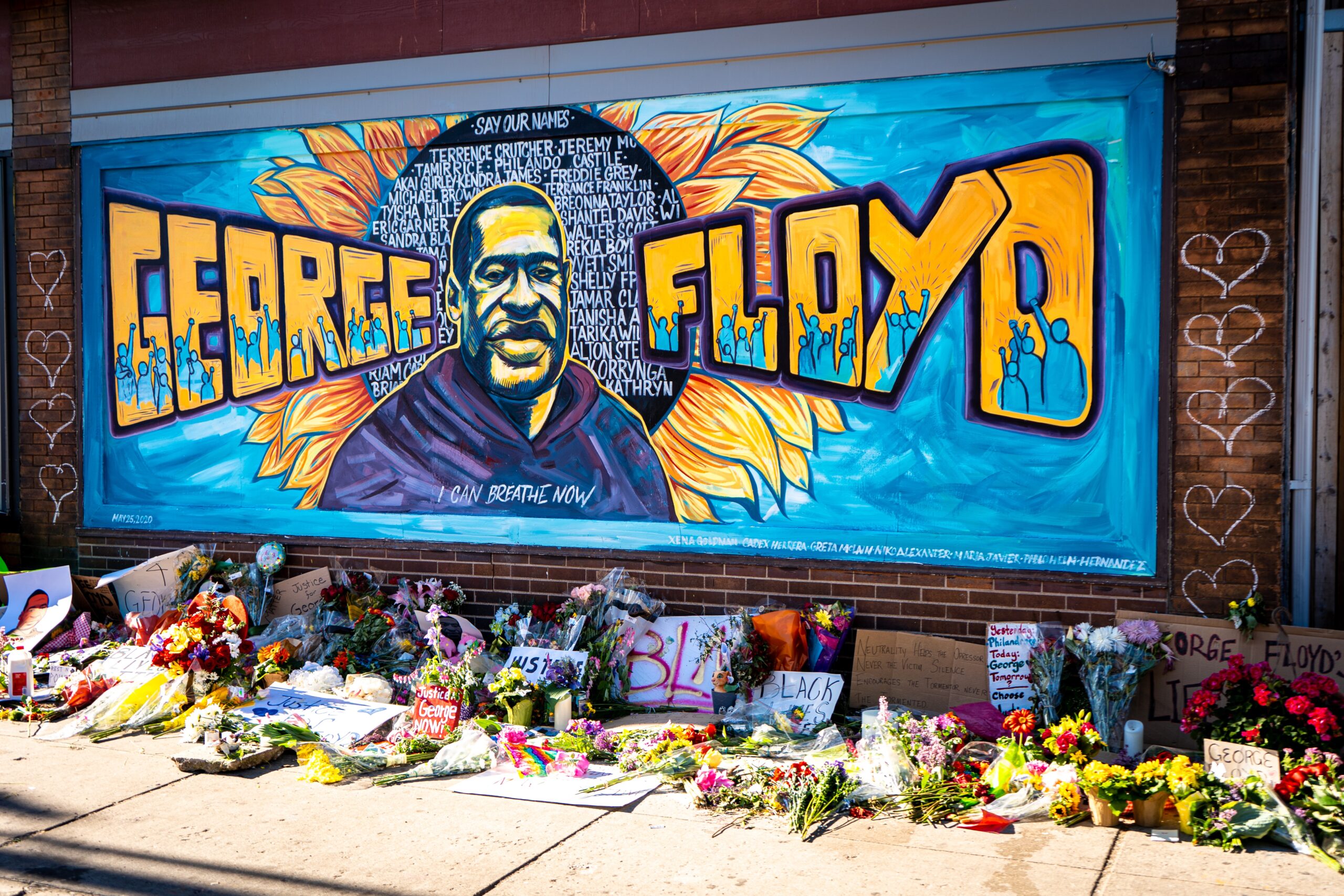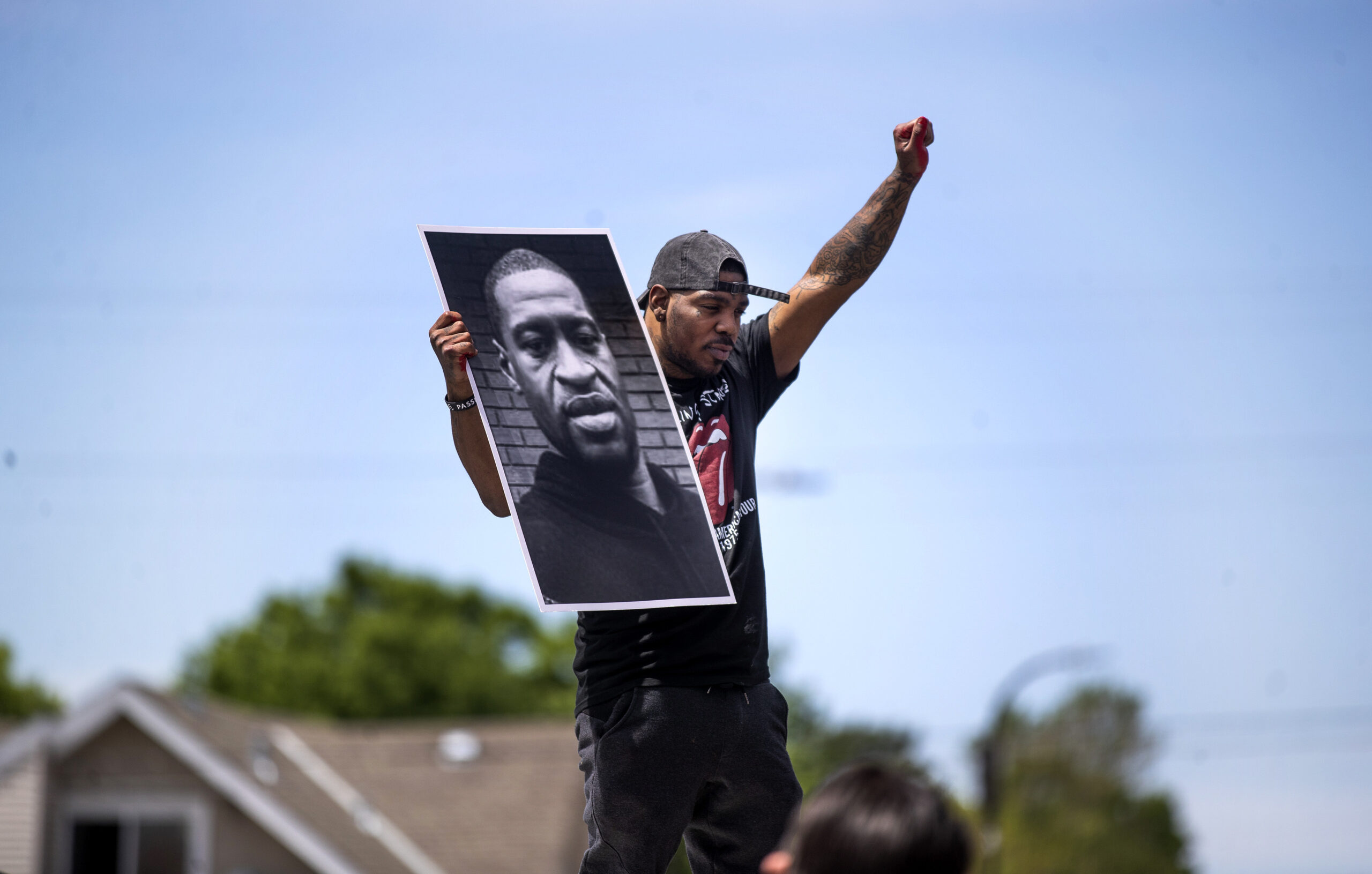People in dozens of cities across the United States held protests over the weekend and are continuing to protest and call for change still. But whether you’re on the streets protesting or staying home due to the pandemic, there are many ways to get involved — from donating to reading up on these important issues. Here are some ways you can get involved, support protestors, and advocate for justice:
1. If you’re able, donate to a bail fund in your state so protesters who’ve been arrested can be released quickly and won’t have to spend long periods of time in jail pre-trial. This is a list of local bail funds in 31 states.
2. Donate to mutual aid and Black-led organizing projects. You can research local organizing efforts in your own town, and here are a few national examples:
You can split a donation between these (and other) organizations here.
3. Join a local protest. Your local Black Lives Matter chapter is a great place to find out what’s happening in your area.
If you don’t feel comfortable going to a protest, there are other ways to help. Leave a box of water bottles or snacks on the street with a sign for protesters who may need them.
A mixture of water and baking soda can also help neutralize the effects of tear gas, so if you have access, you can also leave gallons of water and boxes of baking soda out for protesters who may encounter tear gas.
4. Check in with friends, family, co-workers, and loved ones who may be affected or feeling this particularly hard.
5. Demand accountability from your leaders and law enforcement. New York State is currently considering the repeal of 50-a, a law that shields police from disclosing misconduct to the public and allows the police to deny accountability. This policy impedes racial justice and enables wrongful conviction. You can take action here.
6. Speak up — Now is not only the time to speak up for justice, but also to have difficult conversations about race, inequality, and justice with people around us, including those who we love and are close to us.
Here are some facts to help get your conversation started:
- Black people make up just 13% of the U.S. population, but 40% of incarcerated people in the country. This is not because Black people commit more crimes, but, in large part, because of the way Black communities and other communities of color are policed and presumed guilty.
- Studies have shown that Black and Latinx people are more likely to be stopped, searched, and suspected of a crime (even when no crime has occured).
- Innocent Black people are seven times more likely to be wrongfully convicted of murder than white people, the National Registry of Exonerations reported.
- Minneapolis police officers have killed Black people at a rate 13 times higher than white people. The disparity in rates is one of the largest in the country.


Joining –my –Brothers